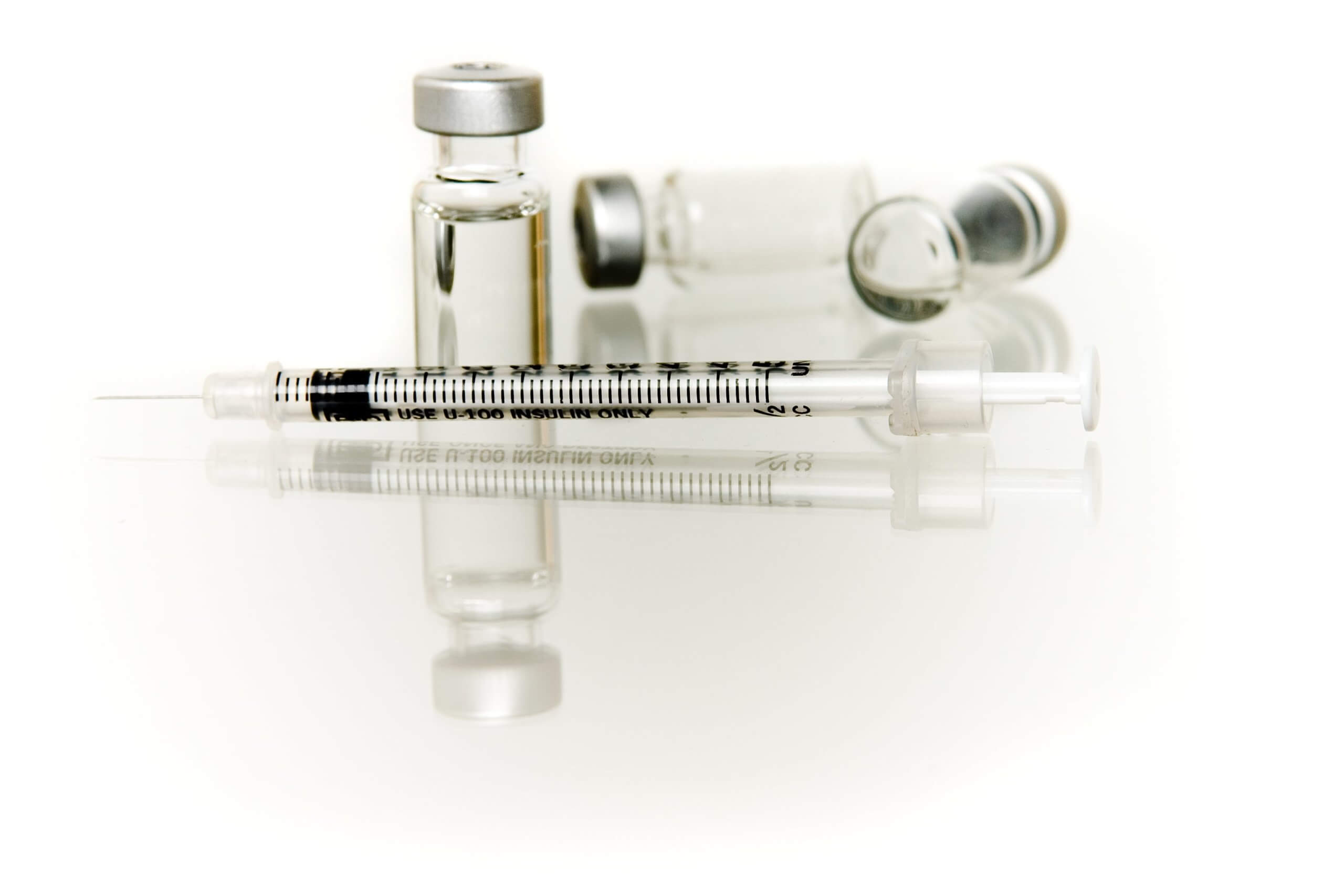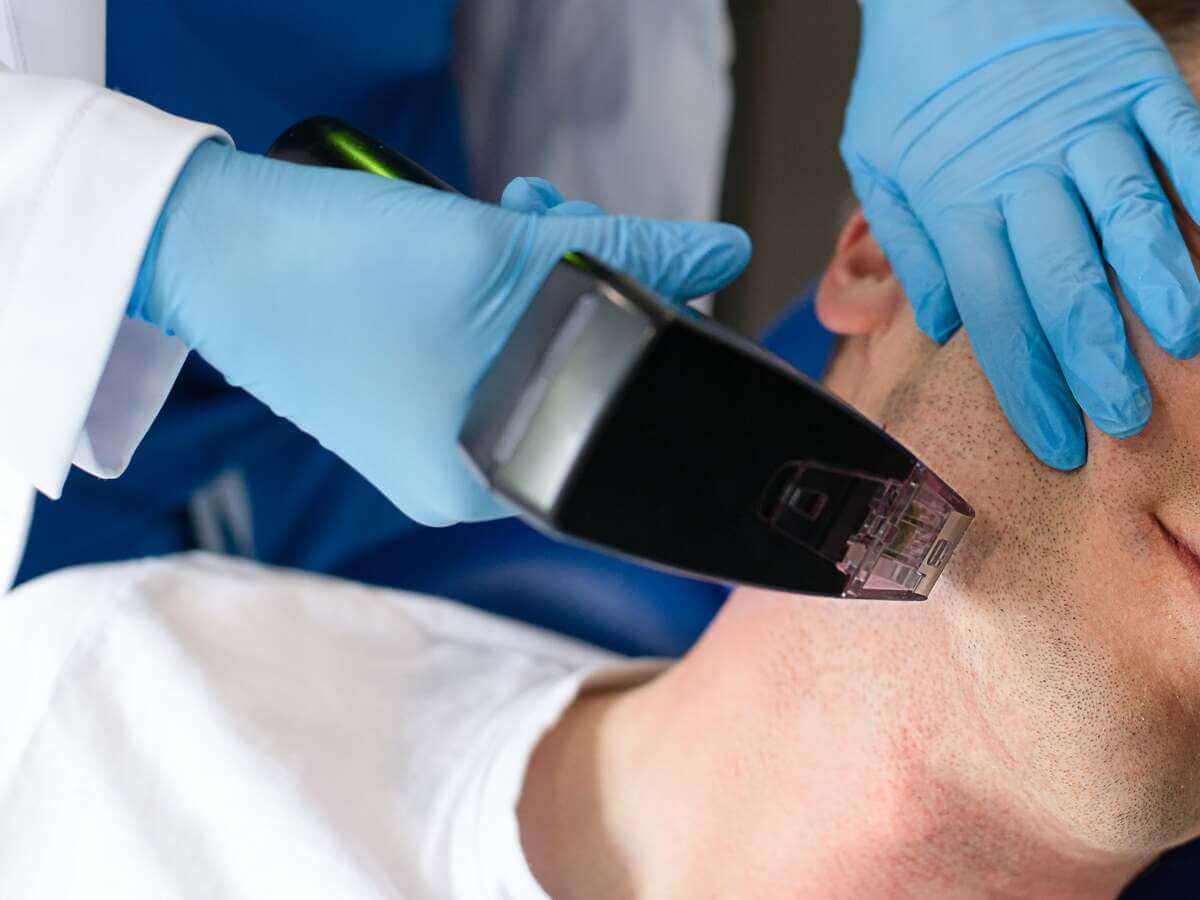Understanding the impact of essential nutrients on our immune system is vital for achieving optimal health and well-being. Among these vital nutrients, vitamin D3 has garnered considerable attention. While we primarily obtain vitamin D through sunlight exposure and diet, some individuals may benefit from vitamin D3 injections.
What’s The Importance of Vitamin D3?
Vitamin D, a fat-soluble vitamin, exists in two variants: D2 (ergocalciferol) and D3 (cholecalciferol). While vitamin D2 is primarily obtained from plants, vitamin D3 is synthesized in the skin upon sun exposure and can also be derived from animal-based sources.
Both forms undergo chemical changes in the liver and kidneys to become biologically active. Both forms undergo chemical transformations in the liver and kidneys to become biologically active.
In fact, vitamin D3 is crucial in modulating the immune system and supporting its proper functioning. It acts as a hormone that regulates various immune responses, including activating and regulating immune cells, producing antimicrobial peptides, and modulation of inflammation.
Adequate levels of vitamin D3 are essential for maintaining a balanced immune response and promoting overall immune health. Sunlight, primarily ultraviolet B (UVB) radiation, is the principal source of vitamin D.
When exposed to sunlight, a cholesterol compound in the skin is converted into vitamin D3. However, various factors can contribute to vitamin D deficiency, such as limited sunlight exposure, geographical location, season, use of sunscreen, darker skin pigmentation, aging, obesity, certain medical conditions, and inadequate dietary intake of vitamin D-rich foods.
While sunlight exposure is a natural and efficient way to obtain vitamin D, it’s crucial to balance sun safety practices, such as avoiding excessive exposure and wearing sunscreen, to reduce the risk of skin damage and skin cancer. Regarding dietary sources, vitamin D can be found in fatty fish (like salmon and mackerel), cod liver oil, fortified dairy, plant-based milk products, fortified cereals, and egg yolks. However, obtaining sufficient vitamin D from diet alone can be challenging, especially for individuals with limited sun exposure or specific dietary restrictions.
Moreover, awareness of these sources and factors contributing to vitamin D deficiency can help individuals make informed decisions about sunlight exposure, dietary choices, and the potential need for supplementation to maintain adequate vitamin D levels and support optimal immune function. Consulting with healthcare professionals can provide personalized guidance based on individual circumstances and needs.
The Link Between Vitamin D3 and Immune System Health
Vitamin D3 has emerged as a key player in supporting immune system health. The link between vitamin D3 and the immune system has been the focus of extensive research in recent years. That said, vitamin D3 plays an important role in supporting a robust and effective immune response, which also includes.
Regulation of Immune Responses by Vitamin D3
Vitamin D3 has a multifaceted role in regulating immune responses. It acts as a modulator of the immune system, influencing the activity of various immune cells and the production of important immune molecules.
Vitamin D3 helps enhance the innate immune response, the body’s first line of defense against infections. It is also important in regulating inflammation and providing a balanced and optimal immunological response.
Vitamin D3 and Immune Cell Function
Vitamin D3 plays a pivotal role in shaping the function of immune cells. It supports immune cells’ development, maturation, and activation, such as T cells, B cells, and macrophages. These cells are responsible for recognizing and eliminating pathogens and maintaining immune balance.
Vitamin D3 also influences the production of cytokines, which are crucial for coordinating immune responses. By modulating immune cell function and cytokine production, vitamin D3 helps optimize immune system performance.
Vitamin D3 Deficiency and Impaired Immune Function
Insufficient levels of vitamin D3 can have detrimental effects on immune function. A lack of vitamin D3 has been linked to an increased risk of infections, autoimmune disorders, and chronic inflammation.
Inadequate vitamin D3 levels can compromise the ability of immune cells to mount a robust response and regulate immune balance. This can increase sensitivity to infections and limit one’s capacity to combat them efficiently.
Maintaining Optimal Vitamin D3 Levels for Immune Health
Maintaining adequate vitamin D3 levels is crucial for supporting optimal immune system health. As indicated, sunlight exposure is a leading source of vitamin D3, as the skin synthesizes it when exposed to sunlight. However, factors such as geographic location, season, and lifestyle choices can affect sun exposure and subsequent vitamin D3 production.
In addition to sunlight, dietary sources of vitamin D, such as fatty fish, fortified dairy products, and mushrooms, can contribute to vitamin D3 intake. Vitamin D3 supplementation may be recommended when natural sources are limited, considering individual needs and under healthcare professionals’ guidance.
Exploring the Benefits of Vitamin D3 Injections
Vitamin D3 injections offer several benefits, including:
- Enhanced Absorption: Vitamin D3 injections bypass the digestive system, allowing direct entry into the bloodstream. This leads to enhanced absorption and bioavailability compared to oral supplements, ensuring optimal utilization of vitamin D3 by the body.
- Rapid and Sustained Increase in Vitamin D Levels: Vitamin D3 injections quickly increase vitamin D levels, making them particularly beneficial for individuals with severe deficiency or those who need to raise their vitamin D levels quickly. Moreover, these injections can offer sustained release over time, maintaining optimal vitamin D levels in the body.
- Customizable Dosage: Vitamin D3 injections allow customized dosage based on individual needs. Healthcare professionals can assess a person’s vitamin D status and determine the appropriate dosage to achieve optimal levels, ensuring personalized treatment.
- Targeted Benefits: Vitamin D3 is essential for various aspects of health, including bone health, immune function, cardiovascular health, and mental well-being. Vitamin D3 injections can provide targeted benefits for these specific conditions, potentially reducing the risk of certain diseases and improving overall health and vitality.
- Convenient and Safe Administration: Vitamin D3 injections are administered by healthcare professionals, ensuring safe and accurate delivery. The technique is quick and relatively painless, and individuals can return to their daily activities immediately after the injection. This makes vitamin D3 injections convenient for those who have difficulty taking oral supplements or have specific medical conditions requiring precise dosing.
- Monitoring and Adjusting Vitamin D Levels: With vitamin D3 injections, healthcare professionals can regularly monitor a person’s vitamin D levels through blood tests and make necessary dosage adjustments to maintain optimal levels. This ensures that individuals receive the right amount of vitamin D3 for ongoing health benefits.
Safety and Considerations of Vitamin D3 Injections
- Consultation with Healthcare Professionals: Before considering vitamin D3 injections, it is necessary to consult with a healthcare professional who can assess vitamin D levels, evaluate overall health status, and determine if vitamin D3 injections are appropriate for an individual. They will consider factors such as medical history, existing medications, and any underlying health conditions that may impact the safety and effectiveness of the injections.
- Potential Risks and Side Effects: While vitamin D3 injections are generally considered safe when administered under medical supervision, there can be potential risks and side effects. These may include injection site reactions, allergic reactions, hypercalcemia (excess blood calcium), and interactions with certain medications. Following the recommended dosage and frequency of injections is crucial to minimize the risk of adverse effects and promptly report any unusual symptoms to the healthcare provider.
- Monitoring and Regular Testing: Regular monitoring of vitamin D levels is essential when receiving vitamin D3 injections, allowing healthcare professionals to assess the effectiveness of the injections and make any necessary dosage adjustments. Monitoring also helps to ensure that vitamin D levels remain within the optimal range and prevent the risk of toxicity. Regular testing can be done through blood tests, and following up with the healthcare provider for proper monitoring and guidance is important.
The Bottom Line
Vitamin D3 plays a vital role in supporting the immune system and overall health, and while sunlight and diet are important sources, vitamin D3 injections offer a convenient and effective solution for individuals with deficiencies or specific health conditions. Age Less Weigh Less offers Vitamin D3, a 15-minute intramuscular injection that delivers a powerful and essential vitamin and supplement, supporting your body in achieving and sustaining optimal health and well-being. With its versatile advantages and the ease of administering vitamin D3 injections, we carry a powerful resource to enhance our well-being and start an evolutionary path toward vigor and strength.





